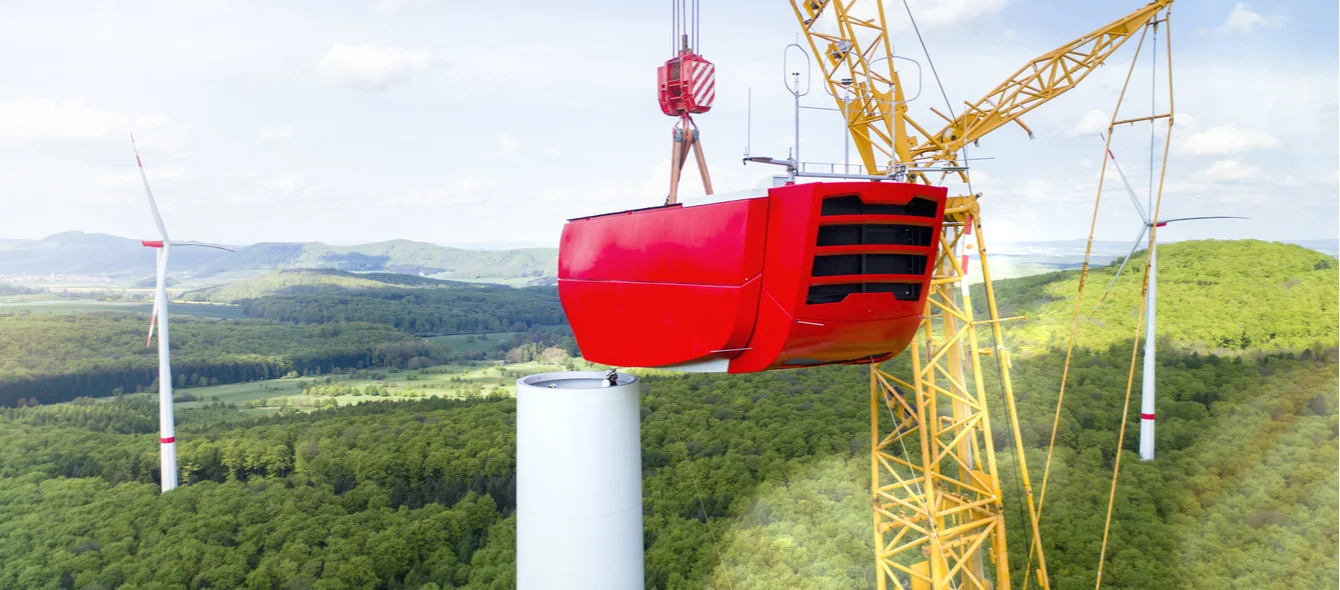A forecast, unprecedented 20% drop in energy sector investment this year will have long-term consequences, not least because industry spending before the Covid-19 crisis was not aligned with climate change targets, according to the International Energy Agency’s (IEA) latest World Energy Investment 2020 report.
Demand impact
Countries which underwent full lockdowns as a result of Covid-19 saw energy demand drop by 25%, while those in partial lockdown saw an 18% decline, the IEA says.
Carbon heavy fuels suffered most. Oil — used primarily for transport — was the biggest victim and is expected to end the year with demand squashed by almost 10%. Coal demand, as a result of reduced power sector use, is expected to fall 8%.
However, the loss of electricity demand, as factories and shops were shuttered and people stayed at home, had much less impact on natural gas and almost none on renewable energy generation.
Wind and solar energy, for example, have no fuel cost, benefit from priority grid access and therefore continue to run regardless of variations in demand.
As a result, renewables and natural gas have, in effect, gained larger slices of a smaller pie, which has meant far fewer carbon emissions – a glimpse perhaps of the energy systems of the future. The IEA estimates global carbon emissions will fall 8% this year.
Investment shrinkage
However, the agency expects overall energy sector investment to decline 20% in 2020, owing to the downturn in demand and loss of revenues, at a time when the industry and many policy makers are calling for much greater investment to meet the challenges presented by climate change.
As with the loss of demand, the drop in investment is heavily skewed by energy source. Oil and gas investment is expected to plummet by 32% and coal by 15%. The power sector still suffers, but less so, with a likely 10% fall, while spending on energy efficiency declines 12%.
Power sector suffers less from shrinking energy investment
IEA World Energy Investment Report shows that energy investment was still shrinking before Covid-19 with fuels being the biggest victimPre-crisis expectations of a modest investment growth in the energy sector this year are now expected to turn into the biggest fall on record, a loss of 20%, equal to $400 billion.
Financial loss
The impact of the virus does not stop there. Energy companies fund much of the new investment directly from their balance sheets. Low prices and smaller sales volumes, owing to weak demand, mean much lower revenues, and therefore less money to invest in coming years.
The IEA estimates that consumers will spend $1 trillion less on oil products this year compared with 2019, while power sector revenues will fall by $180 billion.
So dramatic is the decline for oil, that, for the first time ever, spending on electricity is likely to become the largest single element of consumer spending on energy.
Resilient renewables
As with generation, renewable energy again provides some resilience.
For example, energy sector investment in the US, which is heavily focussed on oil and gas, is expected to fall by over 25%. In contrast, Europe is forecast to experience a 17% drop, with investment in wind, electricity grids and energy efficiency holding up comparatively well.
The IEA data over a longer time frame shows that spending on oil and gas is very volatile, in contrast to power sector spending, which is relatively stable.
Transition misalignment
The IEA says energy spending should be the frontline in the push for a cleaner climate. Clean energy supplies underpin emissions reductions in every sector of the economy.
However, energy spending as a proportion of global GDP is expected to be under 2% this year, down from about 3% in 2014.
This is not just a Covid-19 impact; energy spending as a share of GDP has diminished almost every year since 2014, including in technology areas considered critical to the energy transition.
Large part of global energy investments flows into renewables
In its Global Energy Invest Report, the IEA predicts that renewables and electricity networks will be far ahead of all other investments in the electricity sector in 2020The IEA says spending on electricity networks fell 7% last year and can be expected to drop a further 9% this year. Approvals for new large-scale, low carbon power sources – such as hydroelectricity and nuclear power – are running at their lowest level in a decade, while battery storage investment in 2019 levelled off from that seen in 2018.
These trends are “clearly misaligned with the needs of sustainable and resilient power systems,” the IEA warns.
Energy sector investment going into the pandemic was already misaligned with climate change targets, making it all the more important to direct Covid-19 recovery spending towards sustainable growth, the agency says.
